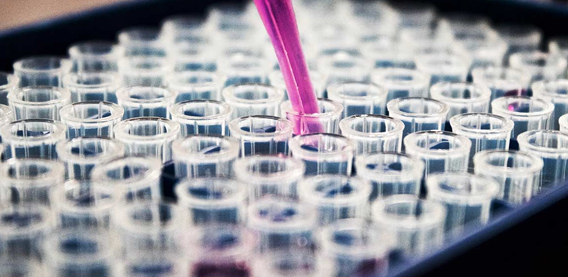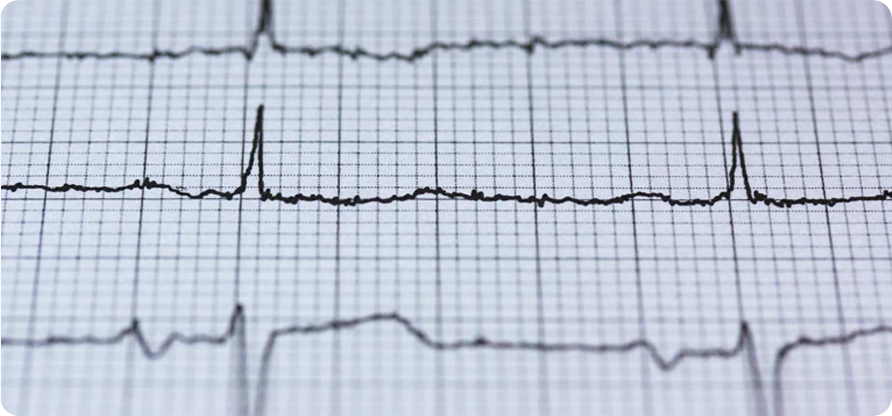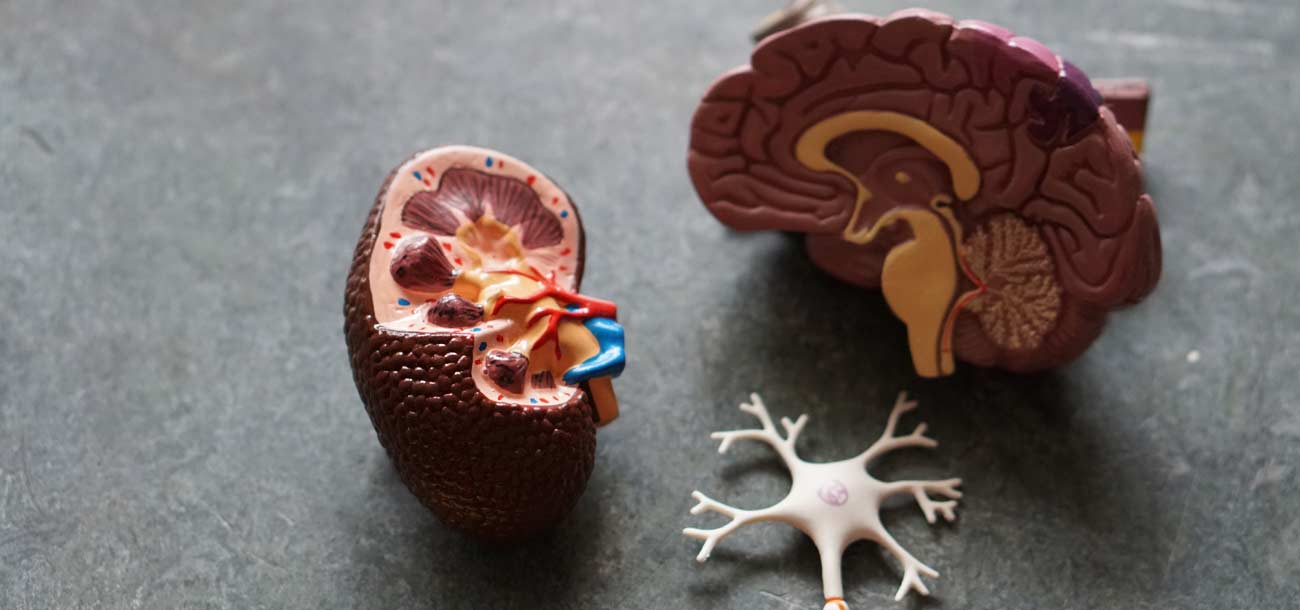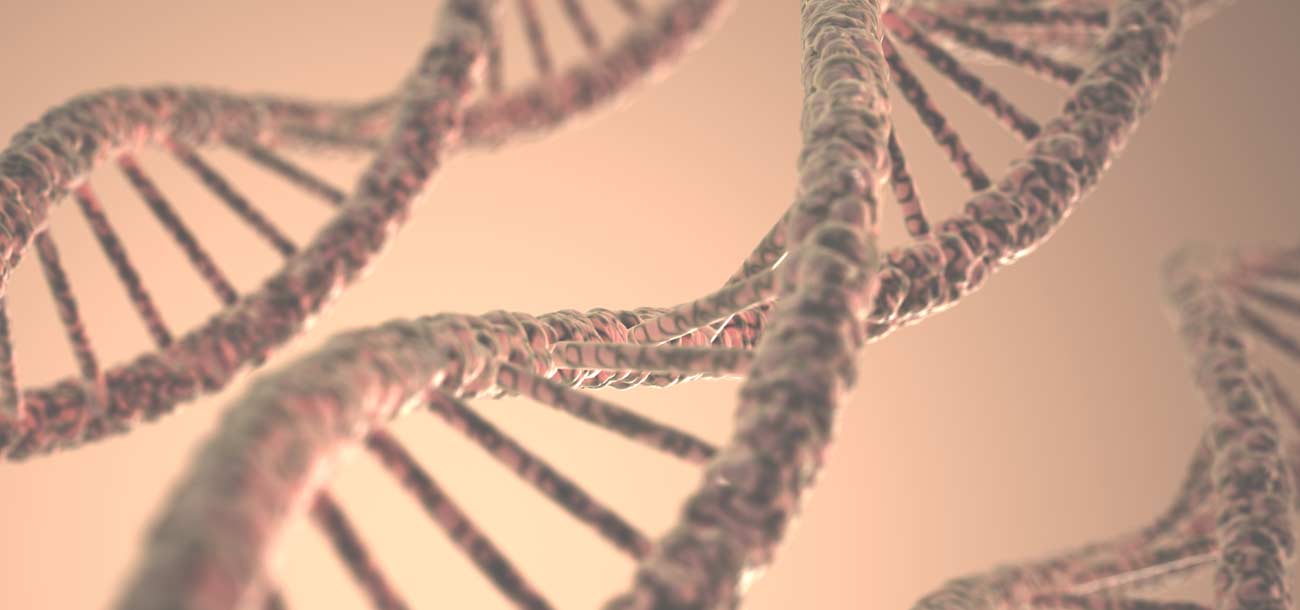Blogs
Case Study: GenomeAsia 100K Project – a Blueprint to Asian Genome

The completion of Human Genome Project in 2003 threw open several doors to genomic exploration that facilitated opportunities for analysis, documentation and accessibility to huge amount of genomic information across the globe. Several consortia have been formed since to compile population specific genomic data for reference and research purpose. While a major proportion of the data available accounts for the European population, the non-European population remained vastly underrepresented, thereby diminishing the pertinence of the results for a large section of the world population.
The GenomeAsia 100K Consortium was founded to bridge the gap in knowledge that existed with respect to genomic data from the Asian population. MedGenome Labs Ltd is one of the founding partners of this non-profit project that is driven by a mission to sequence and analyze 100,000 Asian individuals’ genomes. The data that would be generated from this project will be open to public and is expected to have a significant role in developing population-specific medical strategies and genomic medicine.
Phase 1 of the project, a pilot study was completed in 2018 and was published and featured on the cover of the prestigious journal Nature in 2019. The pilot study consists of analyses of whole-genome sequencing data from a total of 1739 individuals that represented a rich genetic diversity. Sequences of 598 individuals from India, 156 from Malaysia, 152 from South Korea, 113 from Pakistan, 100 from Mongolia, 70 from China, 70 from Papua New Guinea, 68 from Indonesia, 52 from Philippines, 35 from Japan and 32 from Russia were analyzed. In addition, sequence data from African, European and American population were included for comprehensive and comparative analysis. Thus, the samples for the study spanned 7 global regions, 64 countries and 219 population groups, out of which 80% came from regions of Asia that were underrepresented in the previous studies.
Outcomes of the study The study threw light on the following key aspects:
Genetic ancestry: The study reflected on population structure thereby providing insights into correlation between geographical location, physical features and genetic variations. These observations help in understanding the genetic ancestry of certain Asian and South Asian population groups. The dataset also helped in understanding founder populations.
Common genetic variants: Difference in disease-associated genetic locations across different populations: About 23% of protein altering variations identified in the study are not found in previously existing datasets, suggesting that they are specific to the Asian population. Identification of 144329 novel variants has laid the basis for large scale genetic association studies in a larger sample size, to validate the findings.
Rare diseases: Analysis of rare disease variations revealed several pathogenic disease-associated variations that are highly specific to Asia. For example, a specific β-Thalassemia causing mutation was found to be almost exclusive to South Asia compared to Southeast Asia.
Cancer risk-associated genes: Examination of dataset of the study revealed 13 unique variants from 17 samples in specific cancer genes including BRCA1 and BRCA2 among a few other genes.
Drug response: Genetic variations can determine an individual’s response to drugs. Frequencies of a few key pharmacogenomic variants were identified in the study that could have a potential impact on response to specific drugs in particular population groups.
Application of the study
Future scope The pilot study has set the stage for a large-scale population study on Asians which aims to generate genotype-phenotype dataset from more than 100,000 individuals. With phase 2 complete and foundation laid for phase 3, this project is well on the course to effectuate international collaborations to facilitate firm establishment of genomic medicine in India.
Our collaborators
Institute for Human Genetics, University of California, San Francisco, San Francisco, CA, USA
Genentech, South San Francisco, CA, USA
Nanyang Technological University, Singapore, Singapore
Bioinformatics Institute, Macrogen, Seoul, South Korea
Precision Medicine Center, Seoul National University Bundang Hospital, Gyeonggi-do, South Korea
Tomsk National Medical Research Center, Tomsk, Russian Federation
National Institute of BioMedical Genomics, Netaji Subhas Sanatorium, Kalyani, India
University of Tokyo, Tokyo, Japan
Universiti Kebangsaan Malaysia, Bangi, Malaysia.
SRM Institute of Science and Technology, Kattankulathur, India
GROW Research Laboratory, Narayana Nethralaya Foundation, Bengaluru, India
Eijkman Institute for Molecular Biology, Jakarta, Indonesia
Papua New Guinea Institute for Medical Research, Goroka, Papua New Guinea
Center for Human Genetics, Sindh Institute of Urology and Transplantation, Karachi, Pakistan
Madras Diabetes Research Foundation, Chennai, India
Mohan’s Diabetes Specialities Centre, Chennai, India
Human Genetics Unit, Indian Statistical Institute, Kolkata, India
Reach out to us at: www.genessense.com | youfirst@genessense.com | 1800 296 9696
Recent Blogs












